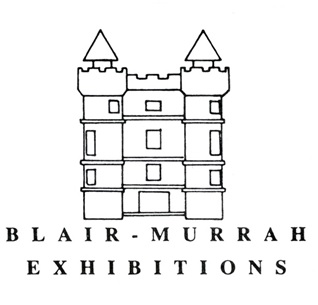ANTERNY RILEY:
UNIVERSAL SPECTRUM OF CONTEMPORARY IDENTITY
Anterny Riley was born in England in 1959 and studied religion and philosophy at King's College in Cambridge. In 1980 he came to New York to study art at the Parsons School, and worked in the US, until the summer of 1998, with only brief returns to Europe. Riley is presently working in Paris, France.
The paintings of Anterny Riley declare his freedom from the conventions and beliefs of the past, and he uses his art to reveal his ideas about the current human situation. One of the threads that unifies his work is his belief in the concept of a universal identity -- a concept which strives to discover the commonality between peoples, disregarding race, ethnicity, political and social pressures.
His work has been included in many one-man and group exhibitions. In 1995 he was represented in a group show in collaboration with W. DeKooning, J. Brown, and J. M. Basquiat at the Vrej Baghooman Gallery in New York, and also had a one-man exhibition at that gallery the same year. During 1997, he had a one-man exhibition at the Gallery Horizons in Melbourne, Australia; and the Gallery If in Berlin, Germany. In 1996 he exhibited at the Stephan Holzmuller Gallery in Germany. Other exhibitions have included the Nuova Artists Gallery, in Salvador Bahia, Brazil; the Alley Cat Gallery in New York; Ken Straus Gallery, New York; Wetherholt Gallery, Washington DC; and Maureen Pailey gallery in London.
Riley feels that art and culture are linked -- that the artist is an active participant in society. Inspiration lies in contemporary times, grounded in our past experiences, our common experiences. He repeats certain images that have a strong element of mythology-- bulls,, bison, deer, birds-- images that everyone can relate to in one form or another. These forms are symbolic and represent a wider universe.
His search for a universal identity for man is revealed in his selection and exploration of alternative materials and mixed media. He chooses and assembles images, found objects, words, phrases and verses-- all elements that are selected according to a universal criteria, and that are meant to act as a totality beyond their own intrinsic cultural, ethnic or political




